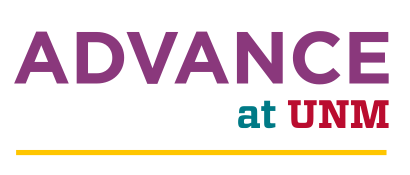 Name:
Name:
Dr. Catherine R. Rhodes
Title:
Assistant Professor
Department:
Anthropology
Describe your research in about 200 words.
My research interests include linguistic relativity; language diversity and cognition; epistemologies-ontologies; models of personhood; language ideologies; modernity; scale; and social identification, including around the constructs of Indigeneity and ethnicity. I conduct ethnographic research on the relationship between the production of scientific knowledge and models of personhood (including ethnic and social identification) and the role language plays in these processes in Yucatan, Mexico. I have previously conducted collaborative, ethnographic research in the US on processes of social identification in a (New) Latino Diaspora community in the mid-Atlantic. I have published on topics including scale, narrative, social identification, language standardization, language ideologies, linguistic register variation, indigenous-language lexicography, and the New Latino Diaspora and co-produced the ethnographic film Adelante.
